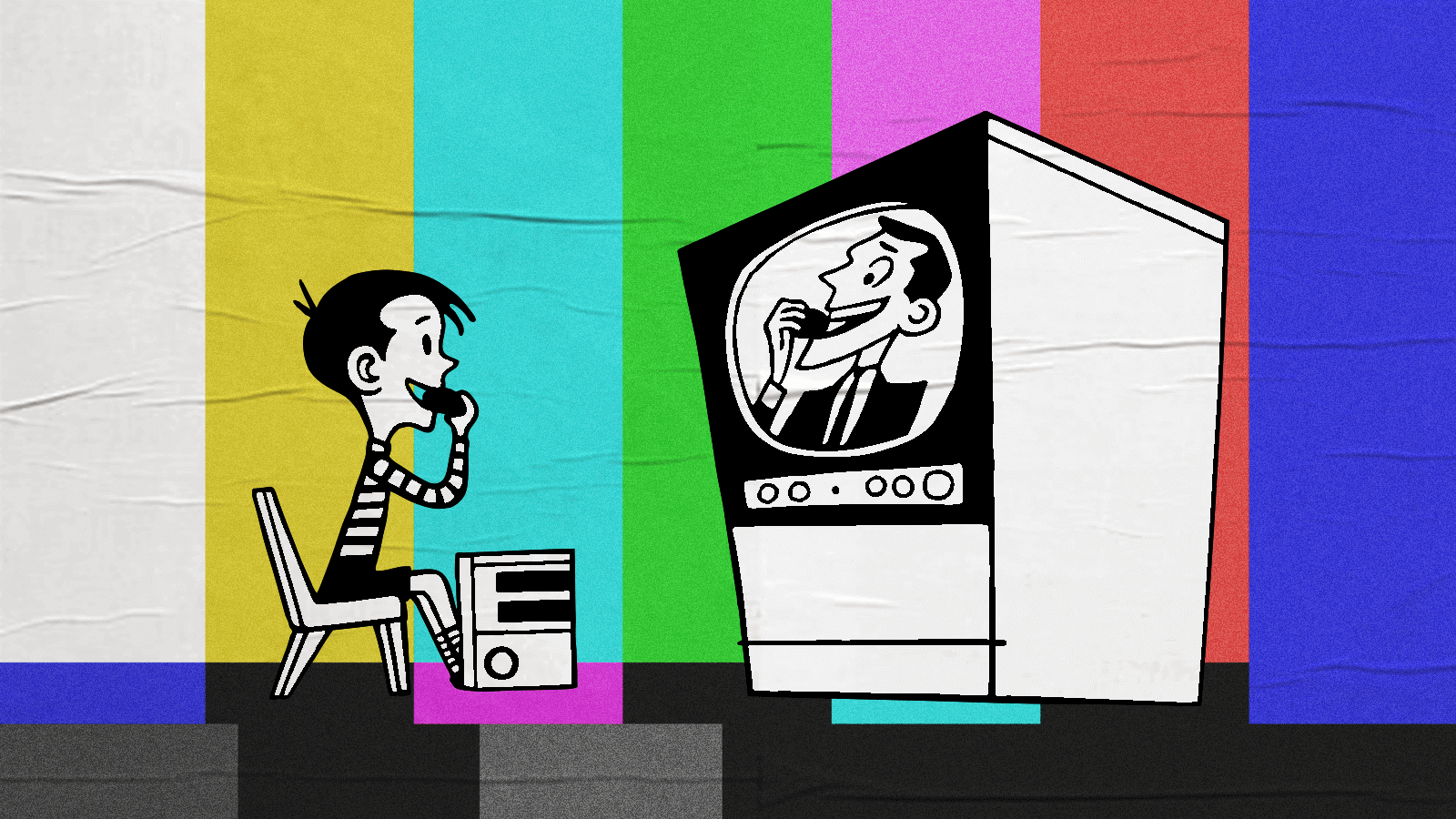More brands are taking a stand against childhood obesity.
The consumer goods giant Unilever, for example, has pledged to stop advertising ice cream to children by the end of 2020. Unilever owns Good Humor, Klondike and Breyers, as well as Ben & Jerry’s, Talenti and Magnum.
The company says it won’t promote its frozen treats in schools or children’s films. It won’t use celebrities, influences or cartoon characters in marketing aimed at kids under 12. And it won’t run ads on TV shows where children under 12 make up at least 25 percent of the audience.
“The World Health Organization names childhood obesity as one of the most serious public health issues of the 21st century,” Unilever said in a statement earlier this year. “And it’s a key reason why Unilever is committing to new principles on marketing and advertising foods and beverages to children.”
Thanks to Ideabar’s expertise when it comes to marketing to Natural-Minded Consumers, we have prior experience in marketing to children … and deliberately not marketing to children.
For example, we created school kits for Georgia Grown, the marketing arm of the Georgia Department of Agriculture. The kits promoted healthy eating to school-age children.
The hanging signs, posters and table tents, designed for display in school cafeterias across Georgia, aim to educate kids about the health benefits of Georgia’s top agricultural commodities, a list that includes peaches, chickens and dairy cattle.
When Ideabar was branding First & Free, Canopy Growth’s line of CBD soft gels and oil drops, one of our directives was to create packaging that appealed to adults in the target demographic but in no way resembled candy or treats.
Marketing unhealthy foods to children continues to be a hot topic in the food category.
The Children’s Food and Beverage Advertising Initiative invites food corporations to voluntarily self-regulate their marketing efforts “to improve the landscape of food advertising directed to children under the age of 12.”
Participants, which include Unilever, McDonald’s, Coca-Cola and General Mills, agree to advertise only foods or drinks that meet nutrition benchmarks or to not target children at all.
The American Heart Association, in addition to other health groups, supports policy changes that would regulate the advertising of high-calorie, low-nutrient foods to children because of the role those foods play in the epidemic of childhood obesity.
The group doesn’t mince words: “The American Heart Association sees no ethical, political, scientific or social justification for marketing and advertising low-nutrient, high-calorie foods to children and supports efforts to diminish this practice.”
Need help navigating the marketing landscape? Please contact Ideabar’s Dana Wardeh at dana.wardeh@coxinc.com or 321.279.6966.


